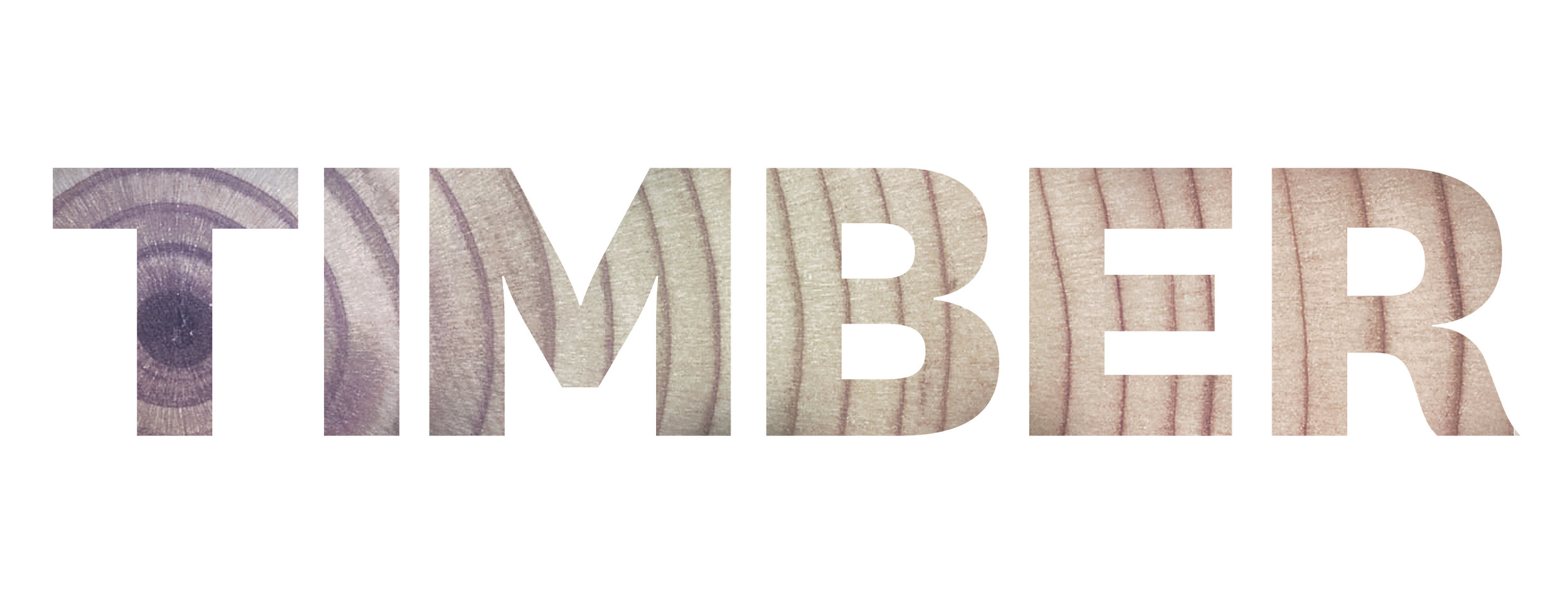Insistence on Making Something New: Brian Evenson on Experimental & Innovative Literature
Interview w/ Brian Evenson
Brian Evenson is the author of a dozen books of fiction, most recently the story collection A Collapse of Horses (Coffee House Press 2016) and the novella The Warren (Tor.com 2016). He has also recently published Windeye (Coffee House Press 2012) and Immobility (Tor 2012), both of which were finalists for a Shirley Jackson Award. His novel Last Days won the American Library Association's award for Best Horror Novel of 2009. His novel The Open Curtain (Coffee House Press) was a finalist for an Edgar Award and an International Horror Guild Award. He lives in Los Angeles and teaches in the Critical Studies Program at CalArts.
HR: What are your thoughts on the label “experimental” with respect to literature, in a general sense? What does the phrase “experimental literature” even mean to you? Can it be adequately defined?
BE: I don’t think it can be adequately defined. At times I’ve used the term in relation to my own work, but I did that a lot more a decade ago. Know I’m more likely to use the term “Innovative” if I use a term at all–even that’s started to seem problematic to me, particularly considering the directions my work is taking. The problem with a term like “Experimental” is that it gets used quite variously at different literary moments, and that what seems experimental at one moment just doesn’t later on. If you are repeating the same gesture that another writer was doing 20 years ago, you’re no longer experimental.
HR: Do you find “experimental” useful as a category? If useful, is it more useful for writers, publishers, teachers, or readers (or equally useful across the board)?
BE: I think it’s useful as a modifier to a category, as in “Experimental Literature of the Sixties” or “Early 21st century Experimental Fiction,” or “Experimental Realism”. But just calling something “Experimental Literature” is always a little vague. It does have a certain weight behind it, in the sense that it suggests taking chances–the experiment might go wrong or fail–and does suggest an attitude toward the larger literary tradition (striking out in another direction from it), but yes, I really do think it’s most useful when it’s part of a definition rather than a definition in and of itself.
HR: Whatever “experimental” might mean, in the very least it’s probably safe to say that it attempts to describe a particular subset of writers who try to distinguish themselves from “popular” literature. But: is there also a mainstream sense of experimentalism with respect to literature, distinct from other forms of experimental literature? What does it mean to be a “trendy experimental” writer/artist?
BE: Well, I’d argue with this just a little, since I think a certain trend in the writing you’re talking about is very much their ability to incorporate popular and populist elements into their literature. A lot of writers I admire are doing work on the edge of genre and literature, trying to take advantage of both, trying to see what will happen with that sometimes odd cross-pollenization, and that strikes me as a very worth sort of experiment. I’d be reluctant to equate experimentalism with being unpopular or even obscure. On the other hand, I think that large presses sometimes praise as experimental work that simply isn’t, that ends up synthesizing in fairly obvious ways the experiments and risk-taking of other writers into something that’s not at all risky.
HR: It seems to us that, when it is deployed, the term “experimental” changes depending on who is doing the experiment. Would you agree with that? If you disagree, is there a better way to understand the function of experimental literature? Or, if you do agree, in what ways does the “experiment” change based on the subject position of its author?
BE: Yes, very much agree. I think it changes based on what else is going on in literature at a particular moment, and yes, to a degree, on the author’s subject position. I kind of feel like as soon as the experiment becomes a codified, recognizable gesture or has the clear markings of forming a genre, the experiment is over. I do think, too, sometimes, that experiments get repeated, that some of my younger students see things as experimental that I don’t, partly because I’ve seen them done before. But I’ve come as well to feel that as the cultural context changes, as things shift, maybe there is in fact a significant difference to doing a particular thing now, at this given historical moment, than there was in doing it, say, twenty years ago.
HR: Is there (or maybe, should there be) a significant difference between “innovative” and “experimental” with respect to labeling? If so, can you describe that difference?
BE: For me there is in that I think that “innovative” hasn’t been quite as co-opted as a term as “experimental.” That latter term feels a little dated to me, and there’s always something odd about taking a word from another speech genre (science) and moving it into a writing milieu. I like “innovative” better, since it has a kind of insistence on making something new, or changing it. But that’s not quite a perfect term either, particularly since both “novel” and “novella” and (in journalism) “the news” all have that same connection to the new. Though it’s a term that works for me until we dig up a better one…
Héctor Ramírez is a Xicano writer, educator, and a child of immigrants. Originally from Covina, CA, Héctor received his BA in Literary Arts from Brown University in 2012, and his MFA in Fiction from CU Boulder in 2018. His professional background is in college access and institutional equity for underrepresented and historically oppressed communities, specifically indigenous youth. His literary work has appeared in Apogee, Muzzle Magazine, LIT, GASHER, and elsewhere
Issue 5


